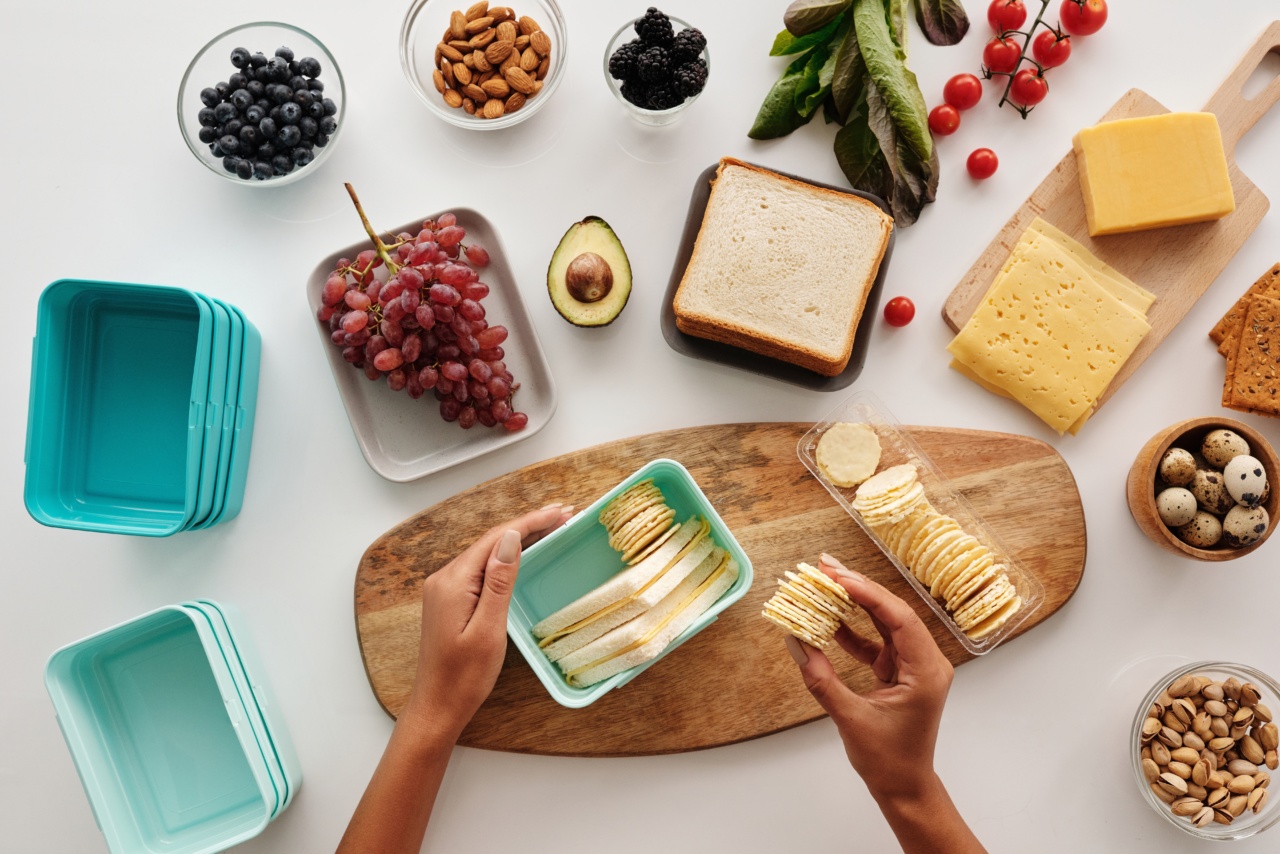After giving birth, a mother’s body goes through a lot of changes and requires special care and nourishment to facilitate healing, recovery, and to provide energy to take care of the newborn.
A healthy and nutritious diet is essential at this stage of life. Here we list the must-have foods for your postnatal diet:.
1. Leafy Greens
Leafy greens like spinach, kale, and broccoli are packed with nutrients like calcium, iron, Vitamin C, and Vitamin K, which are essential for postnatal care and healing. They also contain phytochemicals that help to boost your immune system.
2. Eggs
Eggs are rich in protein, healthy fats, and fats-soluble vitamins. They are great to add to your postnatal diet as they provide energy and helps in repairing the tissue damaged during childbirth.
A boiled egg for breakfast or as an afternoon snack is a great way to incorporate eggs into your diet.
3. Oats
Oats are a good source of fiber, iron, and protein. They help to regulate blood sugar levels, promote digestion and aid in bowel movements.
Oats are also a good source of energy, and you can have a bowl of oatmeal for breakfast topped with nuts and fruits.
4. Salmon
Salmon is a rich source of protein and omega-3 fatty acids, which are essential for postnatal care. These nutrients help to reduce inflammation, promote tissue repair, and improve brain function.
You can have grilled or baked salmon as a main dish at dinner or lunch.
5. Berries
Berries are rich in antioxidants, fiber, and Vitamin C. Strawberries, blueberries, raspberries, and blackberries are excellent options to add to your diet. They help to boost your immune system and are good for postnatal healing and recovery.
You can have berries as a snack or add them to your oatmeal or cereal for breakfast.
6. Greek Yogurt
Greek yogurt is a rich source of protein, calcium, and probiotics. It provides energy and aids in digestion. You can have it as a snack or add it to your breakfast smoothie or oatmeal.
7. Sweet Potatoes
Sweet potatoes are a rich source of Vitamin A and C, fiber, and potassium. They are also low in calorie content and help to regulate blood sugar levels. You can have roasted, baked or mashed sweet potatoes as a side dish or add it to your lunch salad.
8. Nuts and Seeds
Nuts and seeds like almonds, walnuts, pumpkin seeds, and sunflower seeds are rich in healthy fats, fiber, and minerals like magnesium and calcium.
They are good for postnatal healing and recovery, and you can add them to your breakfast smoothie, salads or have them as a snack.
9. Lean Protein
Lean protein like chicken, turkey, and beef provides energy and is essential to repair damaged tissue. It is also rich in iron and helps to increase breast milk supply. You can have grilled or roasted lean protein dishes with a side dish of vegetables.
10. Whole Grains
Whole grains like brown rice, quinoa, and whole-grain bread are rich in fiber, protein, and minerals like magnesium and selenium. They provide energy and help to regulate blood sugar levels.
You can have them as a side dish or add them to your mixed vegetable salad or soups.
Conclusion
Postnatal care and healing are crucial, and a healthy and nutritious diet is a vital part of the process.
Including food options like leafy greens, eggs, oats, salmon, berries, Greek yogurt, sweet potatoes, nuts and seeds, lean protein, and whole grains can help to promote healing and provide the energy required to take care of a newborn. Speak with your doctor or nutritionist if you have any specific postnatal dietary needs or concerns. Incorporating these must-have foods into your diet will help you feel your best and take care of your little one.




























